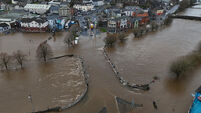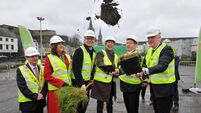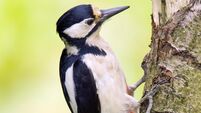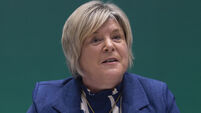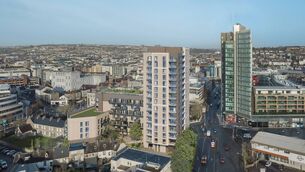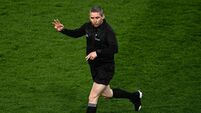People and the planet: UCC to put emphasis on access and sustainability in five-year plan
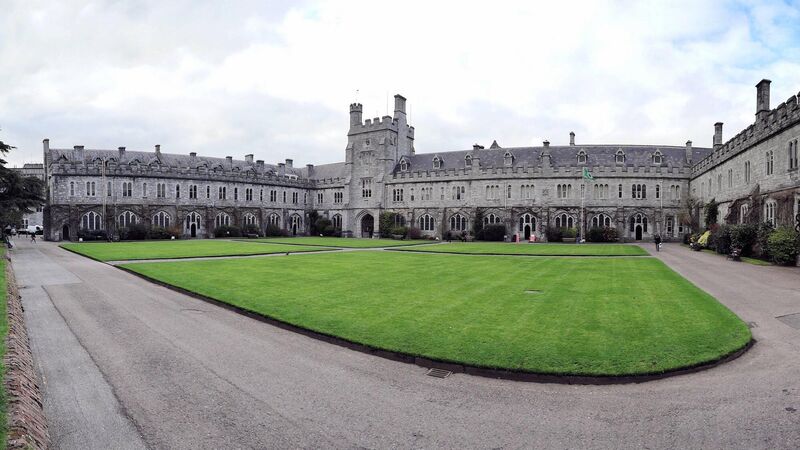
This year UCC went plastic-free, eliminating all single-use plastic throughout on-campus dining, shops, and vending machines.
The next five years will see University College Cork (UCC) implement a “step change” in research, while placing a strong emphasis on areas like access and sustainability.
Launched on Tuesday, the UCC five-year strategic plan sets out the university’s aim to become the university of choice for postgraduate education and to widen student access by 2028.
CLIMATE & SUSTAINABILITY HUB




